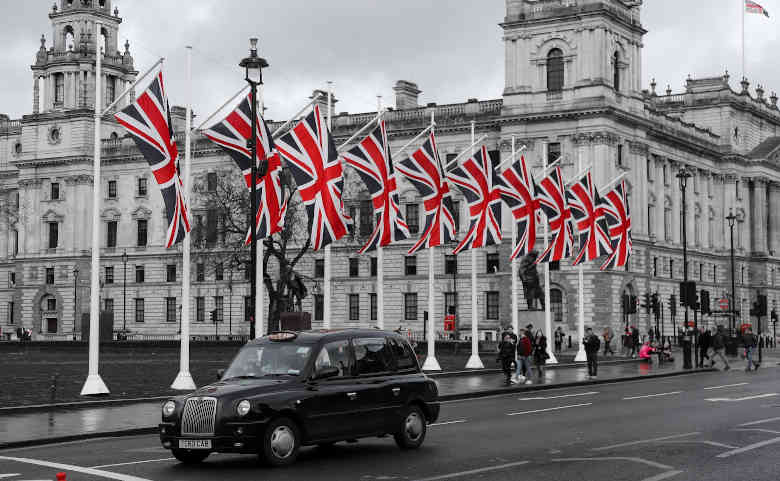16 April, The Telegraph, Robert Tombs
Those of us who associated Prince Philip with a life of pomp, deference, polo and palaces have learnt that his early life was one of danger, disruption and tragedy. At the time of his birth, an influential best-seller was Oswald Spengler’s The Decline of the West – our present-day worries are nothing new. The First World War had shattered a two-century story of rising European power, wealth and cultural primacy. Revolution destroyed the Continent’s cosmopolitan aristocratic society. Economic turmoil undermined social stability. Fascism, a toxic hybrid of archaism and modernity, took hold in the cradles of European culture, shaking its moral foundations. For many intellectuals, the liberal order was doomed.
But of course it wasn’t. The hard-fought victory of 1945 brought a period of relative stability. Though overshadowed by the Cold War stand-off between the United States and the USSR, it was a time of unequalled peace and prosperity for Britain and Europe. The collapse of the Communist bloc in the 1980s and 1990s created a short period of euphoria, when the apparent triumph of Western liberalism even seemed to herald “the end of history” through “the universalisation of Western liberal democracy as the final form of human government”, in the words of the historian Francis Fukuyama. Only Western ideas, it seemed, provided a coherent blueprint for human progress.
But almost at once, instead of global harmony there began another phase of challenges to Western assumptions, not least from within.
Click here to read the piece in full.

